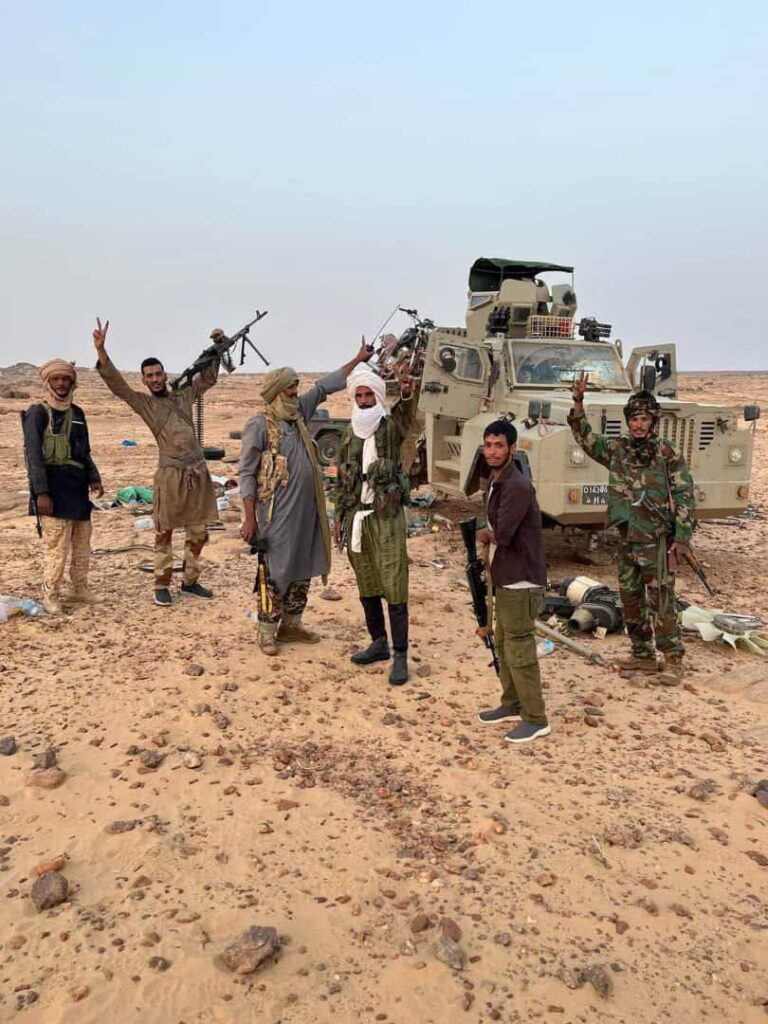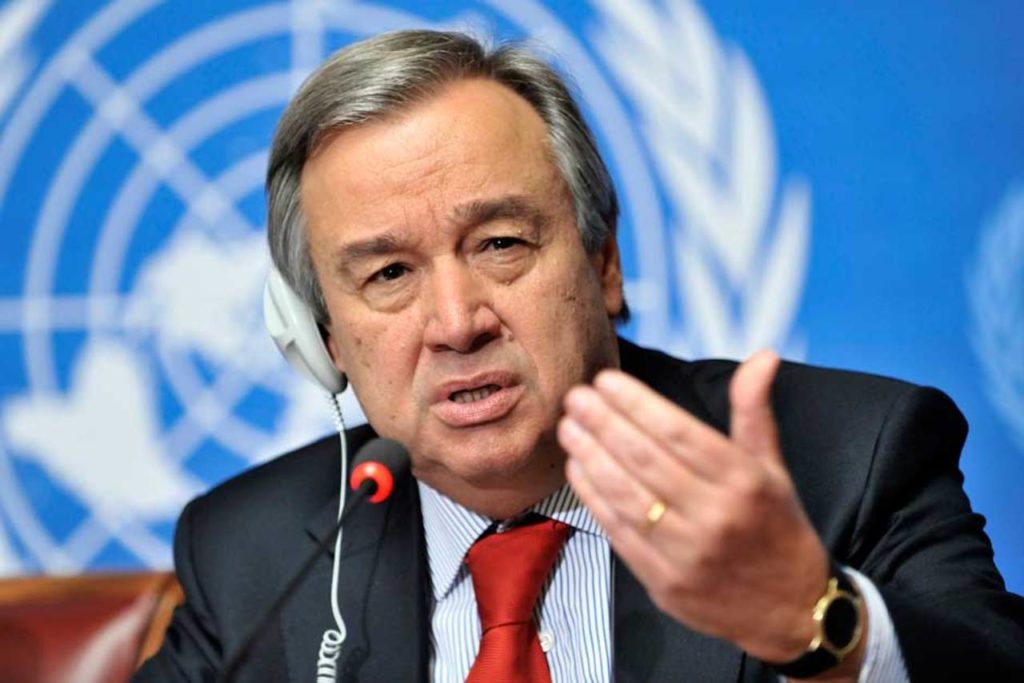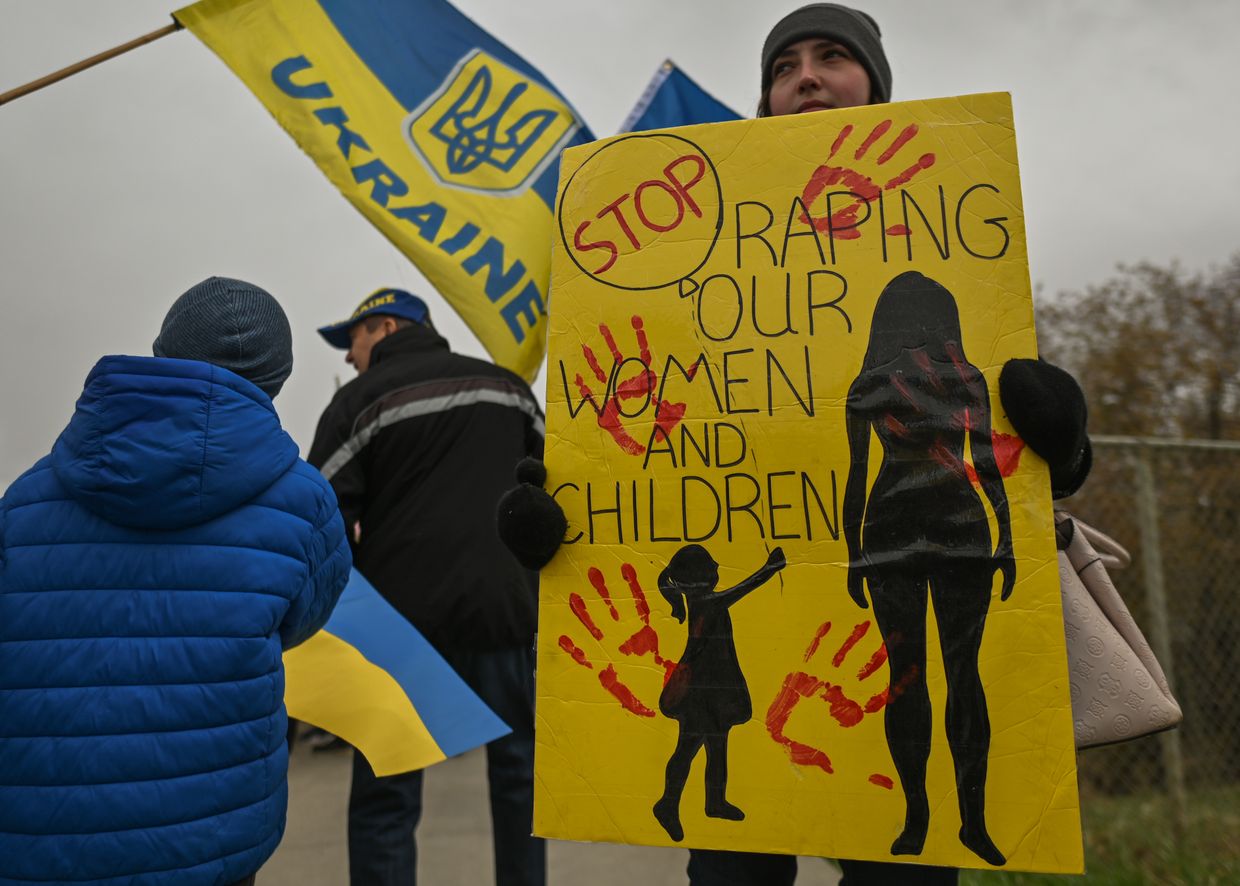Hard-Nosed Sheriff Who Inspired ‘Walking Tall’ Movie Killed His Wife, Inquiry Says

© Gerald Holly/The Tennessean, via USA Today Network


© Gerald Holly/The Tennessean, via USA Today Network


The Russian private military company Wagner is experiencing serious setbacks in Mali: around two thousand fighters failed to improve security or control resources as they did in the Central African Republic. Instead of fighting jihadists, the mercenaries clashed with the Malian army, which only increased violence, reports the Foreign Intelligence Service of Ukraine.
After the 2021 coup, power in Mali was seized by a junta led by Assimi Goïta, who hoped for effective cooperation with Russian mercenaries. Instead, the JNIM network (Al-Qaeda in the Sahel) continues to strengthen its position in the region, and civilian casualties rose from 736 per year to over 3,000 in 2022–2024. Notably, 80% of deaths were caused not by jihadists but by the local army and Wagner forces.
Relations between Russian mercenaries and Malian forces sharply deteriorated: reports show disobedience to orders, equipment theft, and acts of racism. In August, repression targeted dozens of officers who disagreed with Wagner methods. Civilians subjected to terror refuse to cooperate with the mercenaries.
Unlike in Sudan and the CAR, Russia did not gain access to mineral resources, including gold mines. Goïta rejected Moscow’s demands and is seeking alternative partners for security and resource extraction.


United Nations Secretary-General Antonio Guterres has placed Israel and Russia “on notice” that they could be listed next year among parties “credibly suspected of committing or being responsible for patterns of rape or other forms of sexual violence,” according to his annual report to the Security Council on conflict-related sexual violence obtained by Reuters.
The warning stems from “significant concerns regarding patterns of certain forms of sexual violence that have been consistently documented by the United Nations,” Guterres wrote in the report released.
Regarding Russian forces, Guterres said he was “gravely concerned about credible information of violations by Russian armed and security forces and affiliated armed groups” primarily against Ukrainian prisoners of war in 50 official and 22 unofficial detention facilities across Ukraine and Russia.
“These cases comprised a significant number of documented incidents of genital violence, including electrocution, beatings and burns to the genitals, and forced stripping and prolonged nudity, used to humiliate and elicit confessions or information,” the Secretary-General said.
The report notes that Russian authorities have not engaged with Guterres’ special envoy on sexual violence in conflict since Russia launched its full-scale invasion of Ukraine in February 2022.
Israel faces similar scrutiny over documented violations in Palestinian detention facilities. Guterres expressed grave concern about “credible information of violations by Israeli armed and security forces” against Palestinians in several prisons, a detention center and a military base.
“Cases documented by the United Nations indicate patterns of sexual violence such as genital violence, prolonged forced nudity and repeated strip searches conducted in an abusive and degrading manner,” the report states.
Russia’s mission to the United Nations in New York did not immediately respond to Reuters’ request for comment on the report.
Officially, several hundred cases of sexual crimes committed by the Russian army against Ukrainian prisoners of war have been documented, including various forms of sexual violence against women, men, and minors. Ukrainian authorities reported 342 cases of sexual violence by Russians in 2024, with victims including 236 men, 94 women, and 12 minors, while many cases remain unreported due to stigma and fear.


As of June 2025, Ukraine has documented 366 cases of sexual violence committed in connection with Russia's full-scale war, the Foreign Ministry reported on June 19, citing data from the Prosecutor General's Office.
The statement was published on the International Day for the Elimination of Sexual Violence in Conflict, marked every year on June 19.
The victims include 231 women, 134 men, and 19 children. The documented crimes span rape, sexual torture, forced nudity, and other violent acts, many of which occurred in occupied territories or during the early stages of Russia's invasion.
Sexual violence in conflict is prohibited under the 1949 Geneva Conventions and their additional protocols, which mandate the protection of civilians, especially women and children. It is also recognized as a war crime under international law.
Ukraine's Foreign Ministry said Russia is "grossly violating international humanitarian law" and the legal framework established by multiple U.N. Security Council resolutions.
The ministry said that Moscow has employed sexual violence "as a weapon of war" to terrorize civilians, destroy communities, and weaken resistance.
Ukraine's Permanent Representative to the United Nations, Sergiy Kyslytsya, raised the issue at the Security Council in April 2024, warning that such violence is being used against both civilians and prisoners of war.
In June 2024, the Kyiv Independent identified two Russian soldiers implicated in the rape of women during Russia's occupation of parts of Kyiv and Kherson oblasts in March 2022.
One of them, Mykola Senenko, was formally charged by Ukraine's Prosecutor General's Office for a rape committed in Kherson Oblast.
 The Kyiv IndependentOleg Sukhov
The Kyiv IndependentOleg Sukhov